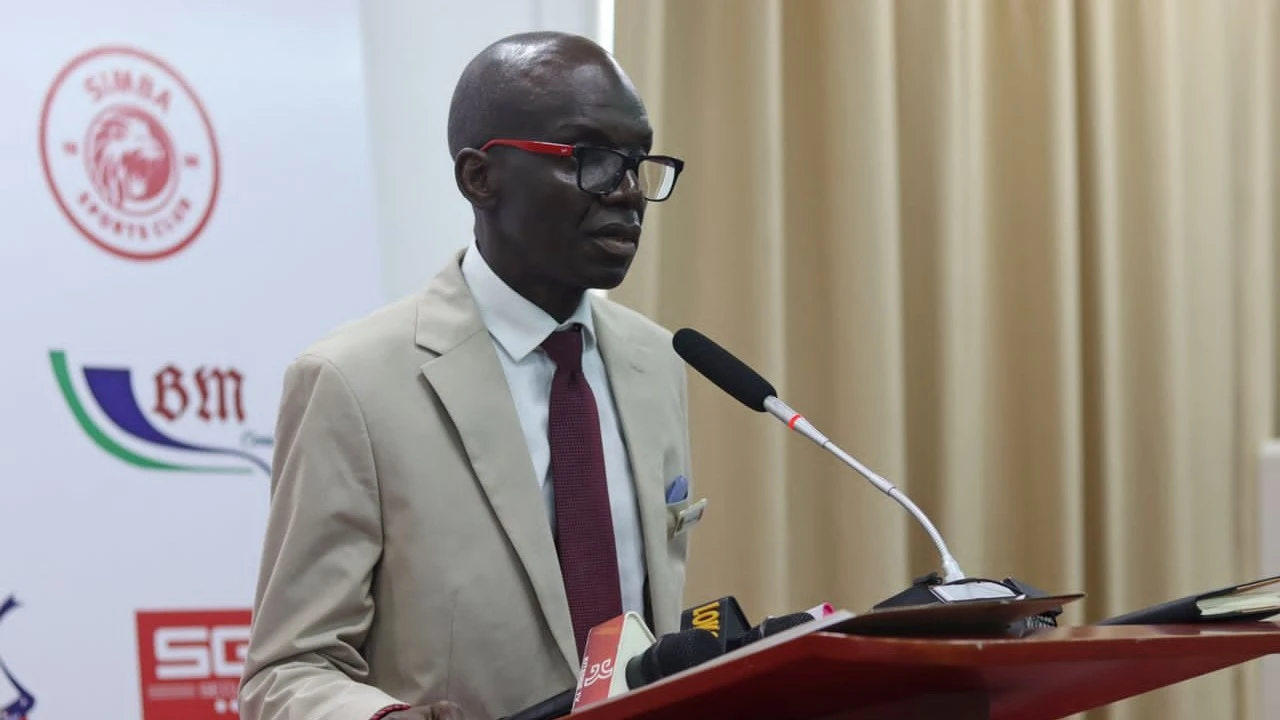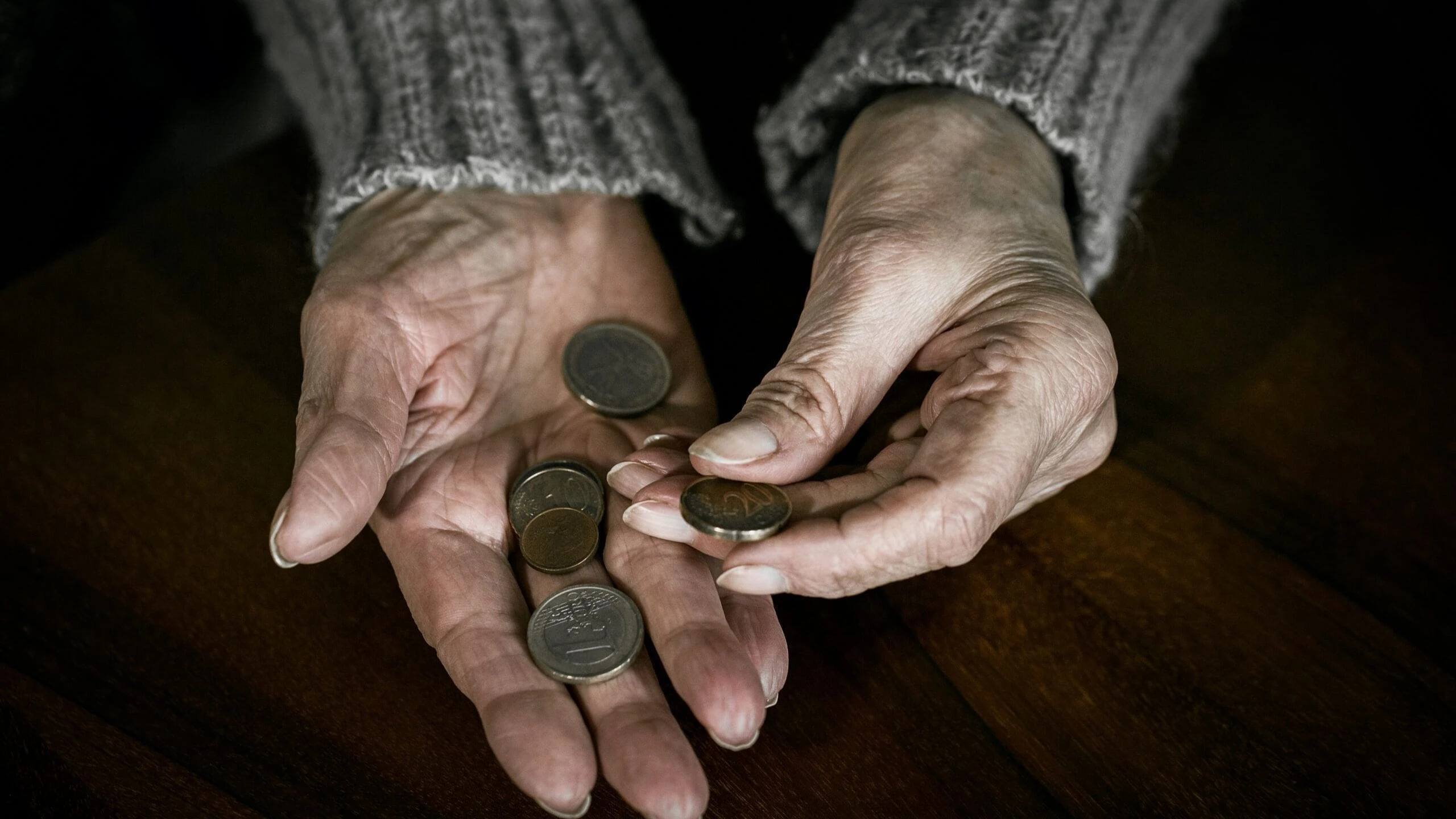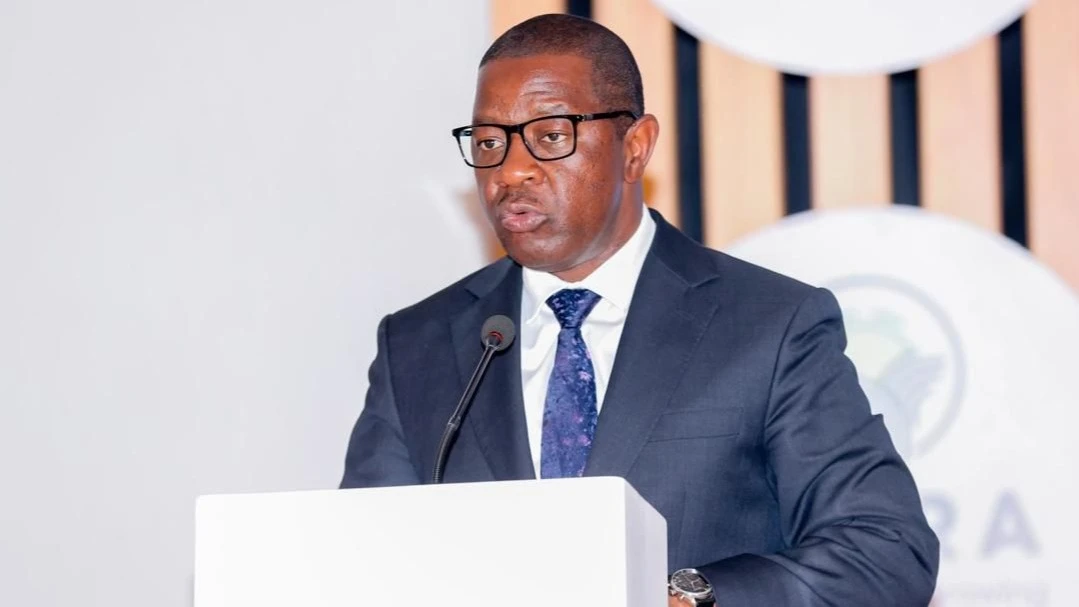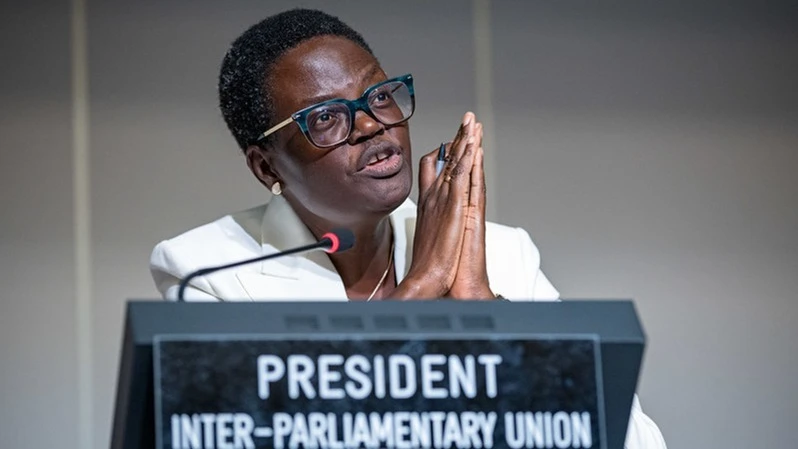Muhimbili forms unit for stroke cases

A SPECIALISED unit for stroke management is being set up at the Muhimbili National Hospital (MNH) following a rapid increase in stroke cases being reported at the top referral hospital.
Prof Mohamed Janabi, the MNH executive director, told journalists in Dar es Salaam on Thursday that since 2022 the brain and nervous system unit has taken up 10,271 outpatient cases, up to half of them having suffered strokes.
Upwards of 60 percent of patients admitted daily to the non-communicable diseases (NCD) ward are stroke patients, he said in illustration, noting that strokes pose an increasing threat in the country.
One-third of patients admitted daily with brain and nervous system complications suffer from paralysis, while over 334 epilepsy patients, ranging from children to adults, were treated during the period, he explained.
The medical facility leadership initiated setting up the specialised unit specifically for stroke patients due to the rising number of cases, as half to two thirds of patients with brain and nervous system ailments are hit by strokes, he stated.
The brain and nervous system unit initially treated about 50 patients in its clinic but after relocating, it now serves 150 patients, he said, underlining the severity of the disease complication over the past two years.
An average of 2,953 patients are admitted with stroke at any particular time, he said, listing stroke with NCDs, where globally nearly six million patients die from strokes every year.
Stroke patients should not be put to massages and instead undergo physiotherapy as massages can worsen muscle stiffness, the top medic cautioned, hinting that after a massage the patient may feel weak and lethargic, which is detrimental to stroke recovery.
The unit has also cared for 338 inpatients and 4,850 outpatients being treated for epilepsy from October 2022 to September 2024, he said, where the unit offers advanced treatments.
These include surgeries for epilepsy patients, an improvement over relying solely on administering drugs, he stated, urging the public to adopt healthy lifestyles by walking up to six kilometres or 10,000 steps a day. “There’s no need to go to the gym for this,” he asserted.
People also need to manage stress as it significantly affects the nervous system, he stated, suggesting health check-ups once or twice a year, he said, similarly observing that the unit treats patients with mobility issues, nervous system infections and autoimmune diseases.
Since its establishment, the unit has seen a reduction in complications faced by stroke patients, who now spend less time in the hospital and are more rapidly treated for infections, along with undergoing specialized rehabilitation exercises, he said.
Dr Mohamed Mnacho, a neurologist, noted that the causes of strokes vary as in children, strokes primarily arise from genetic conditions such as sickle cell disease and congenital heart defects.
For adults, high blood pressure and diabetes particularly for those over 40i years of age are the main causes, he said, cautioning that excessive alcohol use increases the risk of forms of epilepsy and stroke, as alcohol toxins can harm the brain.
“Alcohol can disrupt the brain’s balance, leading to cell death, tremors, confusion and memory loss which may trigger epilepsy. If you must drink, limit yourself to one bottle,” he emphasized.
During the Covid-19 pandemic the hospital noted an increase in patients with nervous system complications caused by viral infections, he added.
Top Headlines
© 2024 IPPMEDIA.COM. ALL RIGHTS RESERVED






















